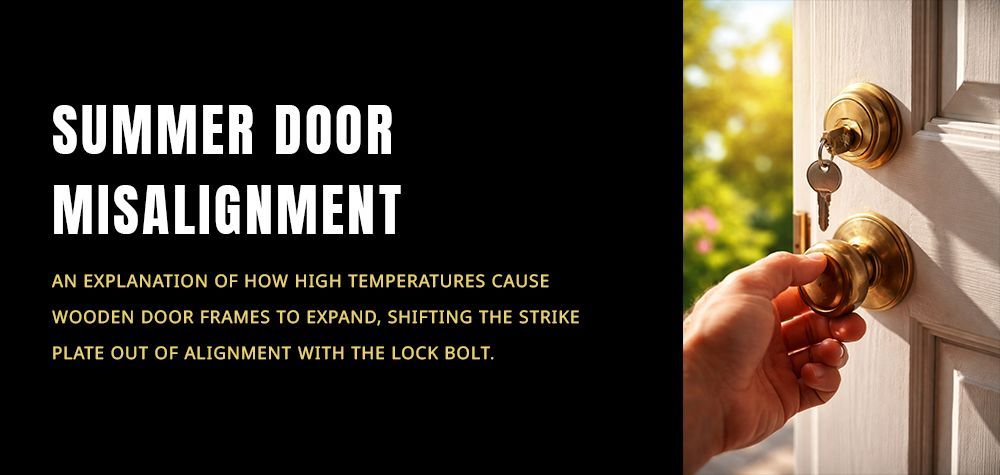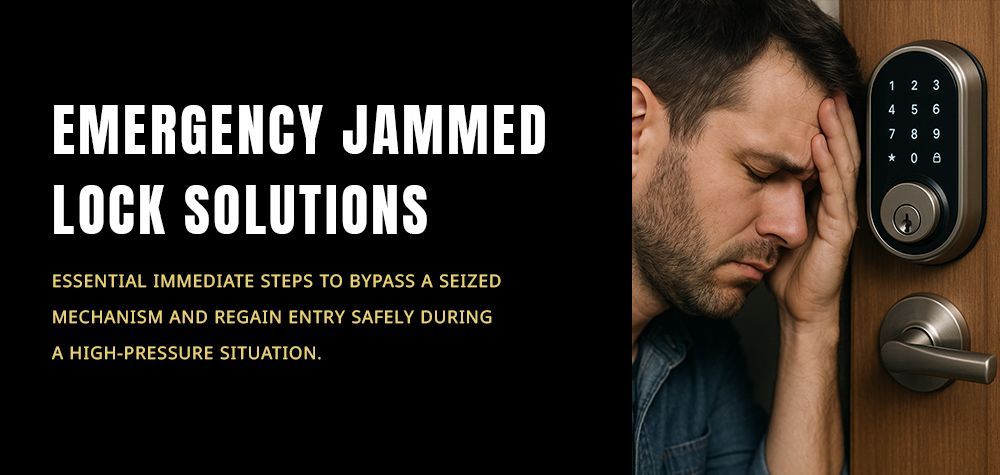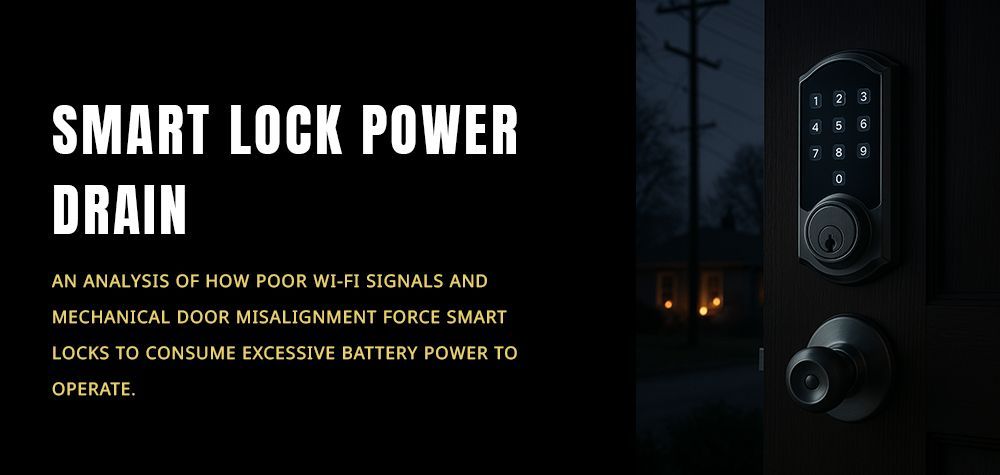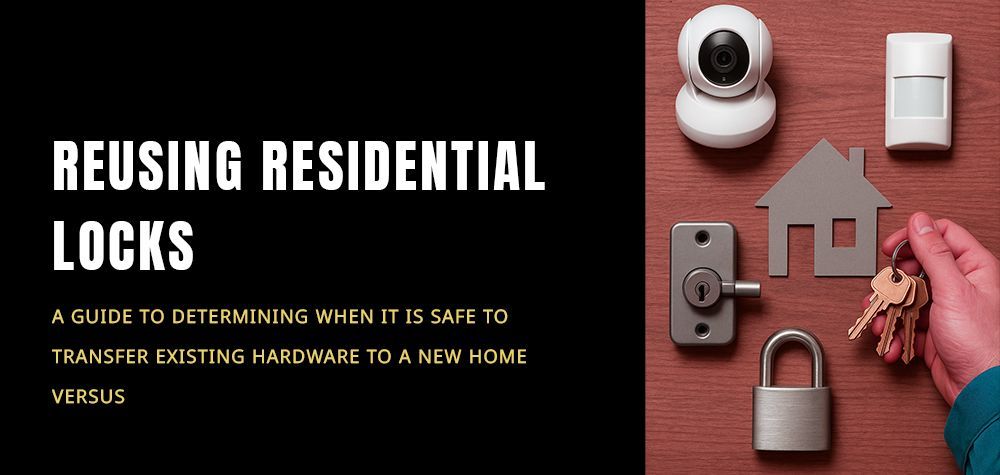How to Choose the Right Door Lock?
Choosing the right lock for your door can be tricky. You have often seen locksmiths advertise the various types of lock systems for you. Terms like ‘deadbolt’, ‘Jimmy Proof’, ‘Mortise lock set’ etc. have been thrown around everywhere . At the end of the day the answer is simple, you want security.
No one ever said, my good-looking, sleek and aesthetic lock protected me from a break in!
Now, before settling down on which door lock is needed you need to consider a few things.
- Your budget: How much can you spend?
- Your existing door frame (and whether you want to change it or or).
- The type of door you are using.
- The level of security you are looking for.
Based on the above metrics here is what we would recommend.
1. As far as your budget is concerned, you need to assess the level of security risks from intrusion that you feel around you. Rather than waste your time and look for different options a very standard type of lock that you can go for by default is a good-quality deadbolt lock. Deadbolt locks are inch-long metal protrusions that extend into the door frame. These are called ‘bolts’ and hence, using a deadbolt lock, you are bolting the lock to the frame. They are not connected to the handle or knob and are usually more difficult to pick, saw-through or jimmy open. Now, there are levels of deadbolt locks to consider.
- Single-sided deadbolt: This is a more convenient form of door lock that allows you the convenience of not needing a key on the inside to open and close the door lock.
- Double-sided deadbolt: This is the more secure version of a deadbolt lock that needs a key from both the inside and outside for operation.
-
Jimmy-proof/ vertical deadbolt: This is the most secure deadbolt lock. Being ‘jimmy-proof’ means that professional lock-pickers can’t access it. Professional intruders can often pry open your standard deadbolt locks using brute force tools. In this case, the bolt locks vertically onto a secure, heavy metal latch frame and provides an extra layer of intrusion protection.
For any basic residential door where you need to install a new door lock, the best basic level recommendation is to use any type of deadbolt lock.
2. Now, you may have an existing door frame which uses a different form of lock. Many house doors with a classic finish love to use a Mortise Lockset. It is a highly popular design where the lock frame is integrated and the door lock consists of a special locking system built into the door frame itself. Mortise lock frames typically work on thicker doors with a minimum width of 1.75 inches. Mortise locks are versatile and can be fitted easily on glass or metal doors. However, since the lock system is integrated into one piece, a weak mortise lock set could be your worst nightmare.
3. The type of door being used: This is more relevant for those having a commercial establishment. Usually, the biggest concern is securing glass door locks for example. If you have thick, then you can easily beef up security, but glass doors can be easily picked. One of the common mistakes is to use a single-sided deadbolt lock for your storefront glass door. This is because any intruder needs to just break a bit of the glass and reach the inside and open up the door without using a key for entry. A double-sided, vertical deadbolt is ideal, along with reinforcing the glass door.
4. Level of security needed: It’s very often that you find yourself in a neighbourhood surrounded by professional lock-pickers. It doesn’t even have to be a low-class crime-ridden neighbourhood. Hence, if you can spend enough money and are willing to go through the pain of replacing your entire door system, installing a high-security lock is a must. They typically use multiple locking deadbolts if they are very simple, or can be advanced “smart home locks” which are controlled using an app on your phone. These smart locks provide an added convenience, as you can open your doors from anywhere and get alerts when an intruder is trying to break in, or any unusual entry is taking place.
Choosing a lock for your door may not be easy if you are a first timer.
We, at Brothers Locksmith can quickly assess your home and business needs and install a lock that will last a lifetime. You can sleep comfortably knowing that your home and/or business will be safe from any unwanted intrusions.
Call Us Any Time!





